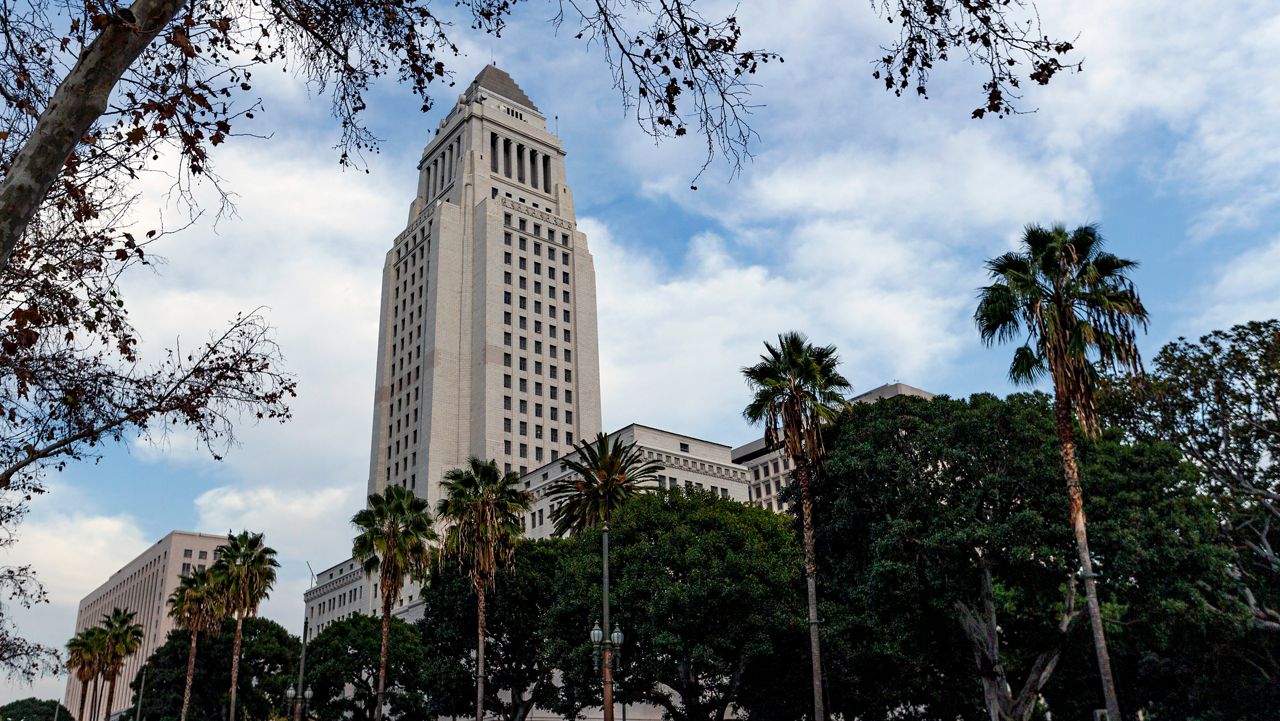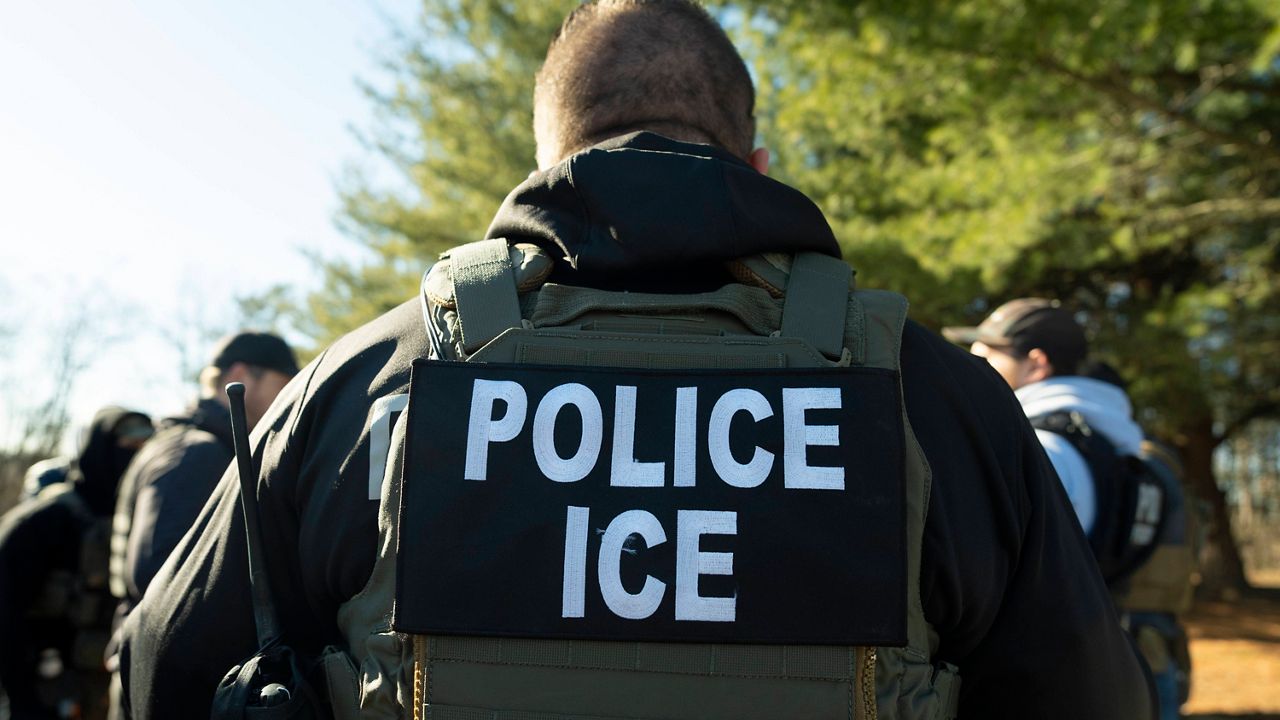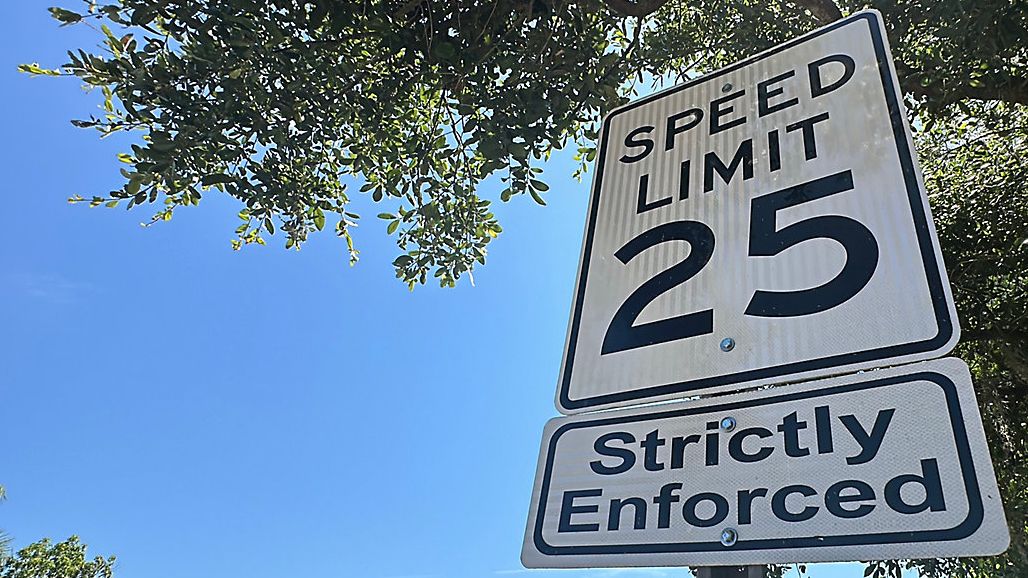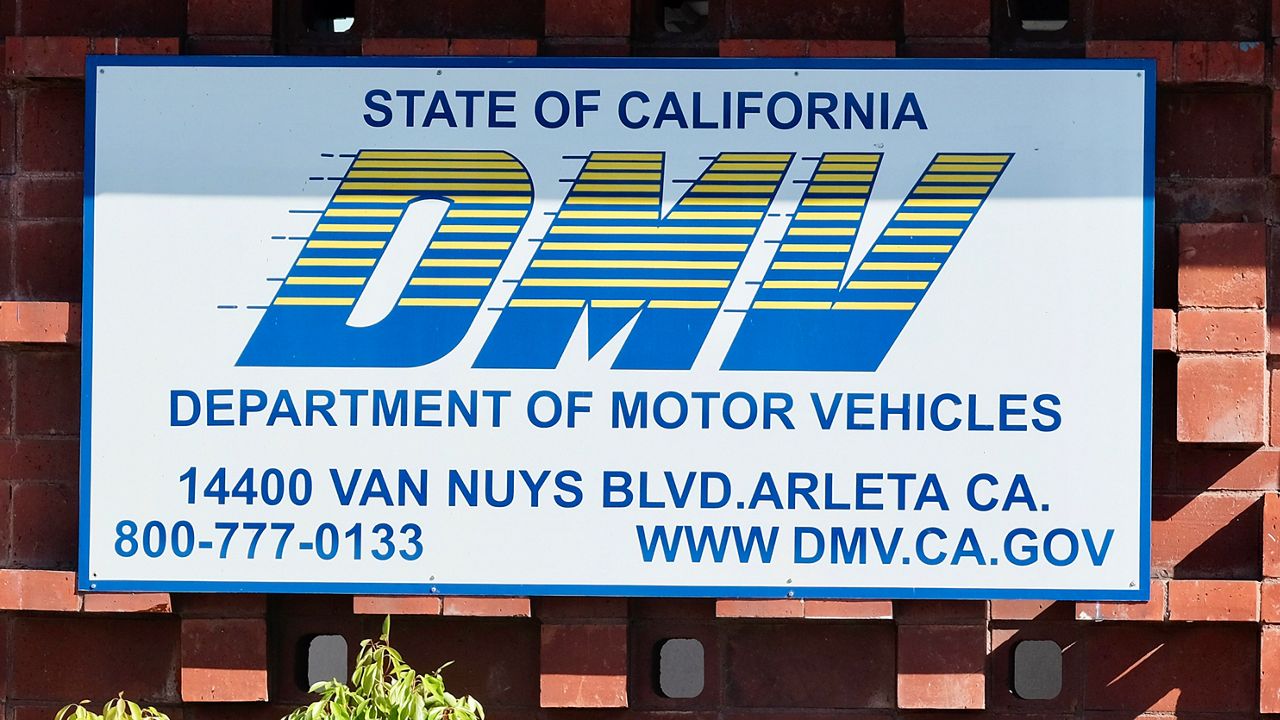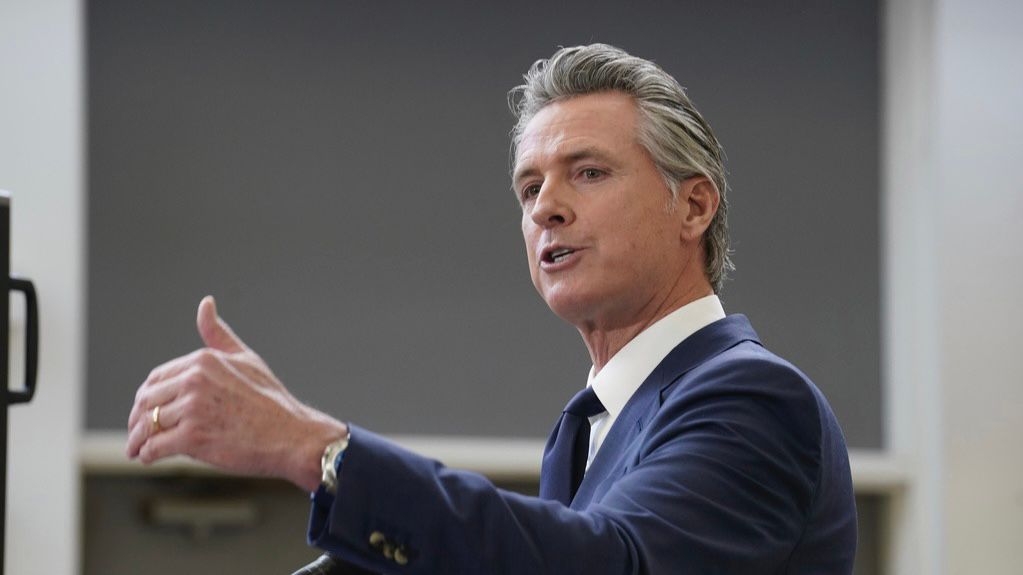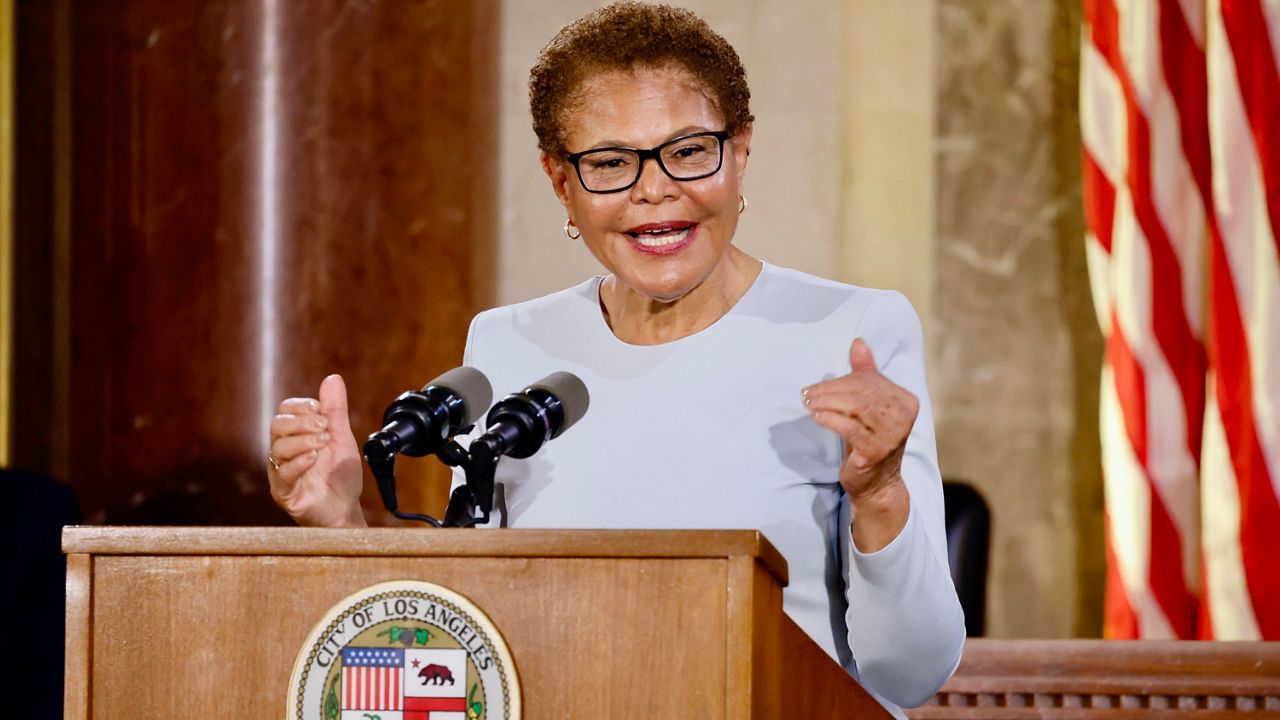LOS ANGELES — A City Council committee Friday approved a motion seeking to prohibit the use of two specific offensive epithets during civic meetings.
The Rules, Elections and Intergovernmental Relations Committee voted unanimously in favor of a motion introduced by Council President Marqueece Harris-Dawson and co-signed by six of his colleagues. Council members intend to rein in the use of the so-called N-word and C-word, and variations of those racial and sexist epithets.
The five-member committee advanced the proposal without discussion. It now heads to the full City Council for further consideration at a future date.
On Friday, about seven LA city residents gave public comments on the issue and criticized the motion. They were concerned about the implications it would have on freedom of speech. One individual called it a "slippery slope."
Some raised questions about how the proposal could violate the 14th Amendment, ensuring U.S. equal protection under the law, for individuals diagnosed with health conditions such as Tourette syndrome, for example. Other speakers claimed that if City Council members were worried about their safety, they could look to Los Angeles Police Department officers stationed at City Hall.
The council and its various committees have been plagued by foul- mouthed gadflies in recent years. The deputy city attorney often explains that City Council members do not condone the remarks, but must allow them under the First Amendment.
But the city must also adhere to the Brown Act and the state constitution, which regulate open meetings for local government bodies.
"These duties come into conflict when some members of the public in their comments to council and its committees use certain offensive epithets," the motion reads. "At their worst, these members of the public refer to Black members of the public, city staff and council members using the `N-word' and to female members of the public, city staff, and council members using the `C- word."'
Council members contend individuals who use these offensive words are doing so with the aim of "offense and injury itself."
In the motion, council members argue that they have a good case expanding their rules of decorum under what is known as Rule 7, which regulates public comment. The rule says that a speaker who goes off topic or disrupts a meeting will get a warning, followed by censure that could extend to other scheduled meetings for the day. Multiple violations can lead to a three-day ban or longer.
Council members claim they can take action, citing a U.S. Supreme Court ruling in 1942, Chaplinsky v. New Hampshire.
The landmark case established the "fighting words" doctrine, limiting the First Amendment's guarantee of freedom of speech. It set a precedent for regulating speech that incites violence or provokes a breach of peace.
"By creating public spaces many constituents find repellant, these toxifying modes of expression make it intolerable for many members of the public to attend and participate in the meetings," according to the motion.
Council members proposed initial warnings before removing someone from meetings for using the epithets — ensuring they have an opportunity to comment and not infringe upon their freedom of speech.


